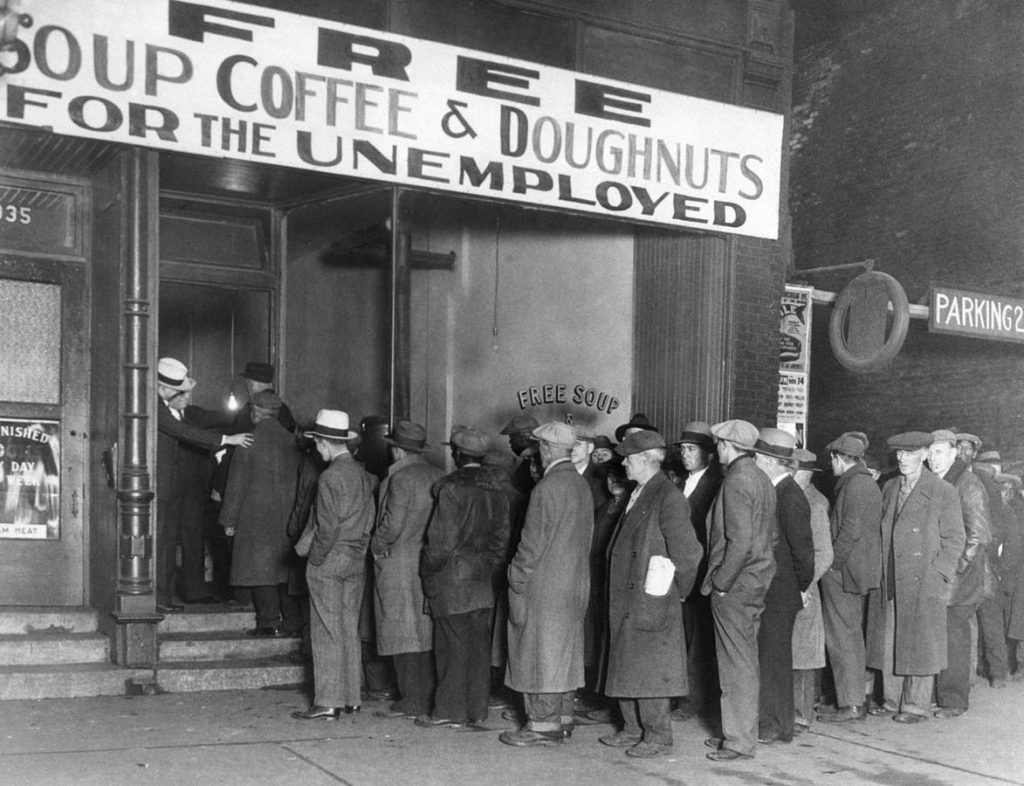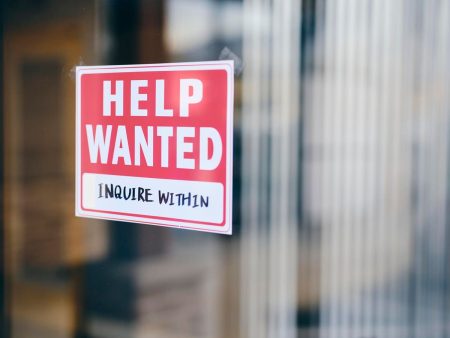Large companies are rapidly deploying AI technology to replace employees without explicitly stating it. They often frame it as enhancing productivity, improving customer experiences, or providing additional tools for workers. AI is just the latest in a long line of technologies, such as robotics and automation tools, that have been used to replace human workers. The progress of AI has been particularly fast, leading to its adoption in various industries like financial services, restaurants, and education.
For example, Klarna, a Swedish buy-now-pay-later service, reported that its OpenAI-powered customer service chatbot system was doing the work of 700 customer service agents more efficiently. Financial services companies like Goldman Sachs and Morgan Stanley are introducing AI tools that can replace entry-level white-collar work, such as preparing spreadsheets and analyzing financial data. Even electronics retailer Best Buy has laid off employees while venturing into AI initiatives with Google for personalized tech support experiences.
The benefits of AI are now reaching small businesses as well. Companies like Little Beaver Brewery and Burning Rice are using platforms like Sling.ai to automate tasks like answering phone calls and booking reservations. Even local governments are embracing AI, with the Texas Education Agency rolling out an AI-powered scoring system to replace human graders, saving millions of dollars annually. Despite concerns about job loss, AI is creating new opportunities like prompt engineers, AI managers, testers, and consultants, with the generative AI venture capital investment expected to reach $12 billion globally by 2024.
Studies project that as many as 300 million people worldwide could be unemployed due to AI by 2030. However, history shows that professions and occupations have been lost to technology before, and new jobs have emerged as a result. The rise of AI is no different, with countless companies emerging in the AI industry and requiring human expertise. While big brands are using AI to replace people, humans will adapt and find new ways to utilize their time. The transition to AI-powered technologies may lead to job losses, but it will also create new opportunities and industries for humans to thrive in.














